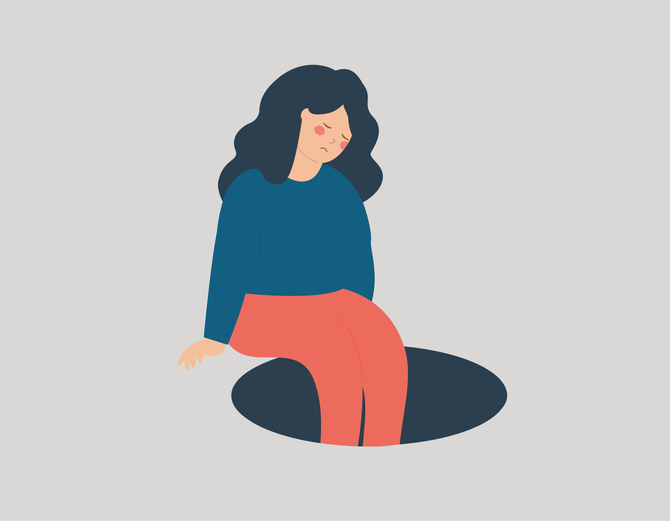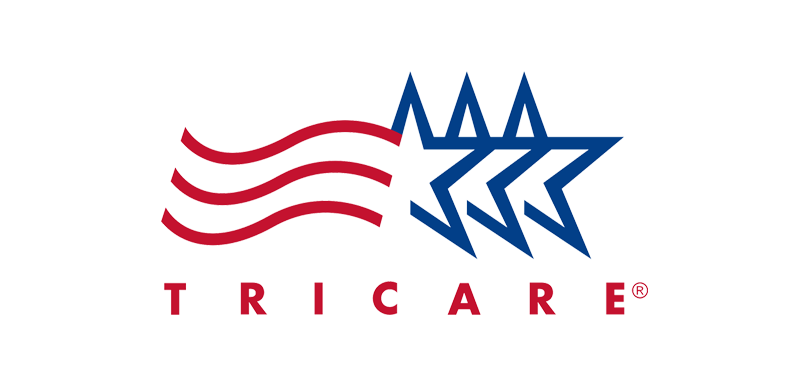
Psychiatry, Psychotherapy, & TMS Therapy for Grief and Loss
At Neuro Wellness Spa, we’re here to help. Our experienced and compassionate team will help you navigate grief with personalized treatment plans tailored to your needs. We are here to support your healing journey.
How we can help treat your grief
Grief is one of the hardest parts of the human experience, and the healing process is not linear. Sometimes, grief can feel overwhelming — even debilitating — and can make it challenging to find joy and relief.
Our team of mental health experts will work with you to understand your grief and any underlying mental health challenges. We will then use that information to determine the best course of treatment.
Psychotherapy for grief
Psychotherapy is typically the first line of treatment for grief-related mental health concerns. We employ a range of psychotherapy approaches to help you navigate your grief and find a path forward. Our therapists carefully select the most effective techniques based on your individual experience and any accompanying mental health challenges you may be facing, including:
- Psychoeducation helps you understand the complex nature of grief. We’ll guide you through the various stages of the grieving process and help you recognize how grief affects you emotionally and physically. This knowledge empowers you to understand and manage your grief, providing a solid foundation for healing.
- Cognitive behavioral therapy (CBT) for grief helps you identify and challenge unhelpful thought patterns that may intensify your grief. Along with your therapist, you’ll develop practical coping strategies to manage intense emotions and set realistic goals for moving forward while honoring your loss. CBT equips you with the necessary skills to navigate the undulating emotions of grief more effectively.
- Family systems can provide relief as grief often impacts entire families. This approach examines how family dynamics influence the grieving process. You will work on creating a more supportive environment for healing by fostering open communication and mutual support among family members. This collective approach can be crucial for both individual and family healing.
- Coping skills and anger management tools will help you manage grief triggers and overwhelming emotions. We’ll focus on building resilience for long-term healing, giving you the resources to cope with grief as it evolves.
Medication management for grief
Grief itself is not a medical condition requiring medication, but the intense emotions and stress associated with loss can sometimes trigger or exacerbate underlying mental health issues. In these cases, medication management can be an effective component of a comprehensive grief treatment plan. Our experienced psychiatrists carefully evaluate everyone’s needs and may recommend medications to address specific symptoms or conditions. Here are some classes of psychiatric medications commonly used in the treatment of grief:
- Selective serotonin reuptake inhibitors (SSRIs) are prescribed for a brief period (6 to 9 months) and can help alleviate symptoms of depression that often accompany grief, softening the grieving process. These medications can help stabilize mood, improve sleep, and restore appetite, allowing individuals to engage more fully in their grief processing and daily activities.
- Sleep aids can help as grief often disrupts sleep patterns, significantly impacting overall well-being. Sleep aids, including sedative hypnotics or certain antidepressants with sedating properties, may be prescribed to help establish healthy sleep patterns. Improved sleep can enhance emotional resilience and cognitive functioning during the grieving process.
TMS therapy for grief
Transcranial magnetic stimulation (TMS) — FDA-approved for treating major depressive disorder (MDD) — offers significant benefits for those experiencing grief-related mental health challenges. This non-invasive therapy can alleviate symptoms of persistent depression and anxiety that often accompany grief, improving overall mood and facilitating more effective grief processing. TMS has also shown promise in addressing “grief brain,” enhancing cognitive functions like attention, memory, and executive functioning. Additionally, it may help regulate sleep patterns and manage chronic pain, both commonly disrupted during intense grief periods.
Inpatient & outpatient programs for grief
If you’re looking for a more focused program to help you through grief and loss, we can work with you to determine if our partner programs at Clear Behavioral Health are a good fit. Clear Behavioral Health is managed by the same experienced mental health clinicians as Neuro Wellness Spa. It provides residential programs and in-person and virtual outpatient (PHP and IOP) programs for grief and co-occurring mental health disorders.
We are in-network with nearly every insurance provider.
What is grief?
Grief is a profound emotional response to loss that can affect you at any stage, significantly impacting your daily functioning and quality of life. Whether your grief stems from the loss of a loved one, a significant life change, a pet, or a series of cumulative losses, it’s essential to recognize how it affects both you and your support system.
At Neuro Wellness Spa, we utilize comprehensive assessments and personalized screenings to understand your unique experience with grief. This allows us to tailor the most effective treatment plan for your needs and treatment goals. Together, we can identify the best approach to support your path through grief, fostering healing, resilience, and renewed well-being.
Types of grief
Acute grief is the most commonly recognized form, typically occurring immediately after a loss. It can include:
- Normal grief.
- Anticipatory grief.
- Disenfranchised grief.
- Cumulative grief.
- Absent grief.
- Delayed grief.
Complicated grief, on the other hand, involves prolonged and intense grief reactions that interfere with daily functioning. It can include:
- Prolonged grief disorder.
- Chronic grief.
- Exaggerated grief.
- Masked grief.
- Traumatic grief.
- Secondary losses.
While acute grief often resolves naturally over time, complicated grief may require professional intervention. Both types can significantly impact mental health, potentially leading to depression, anxiety, substance abuse, and disruptions in one’s personal or professional life.


Signs and symptoms of grief
Signs and symptoms of grief include:
- Persistent feelings of sorrow and emotional pain.
- Difficulty accepting the reality of the loss.
- Feelings of frustration or resentment.
- Guilt and regret over things said or done.
- Increased worry about the future, or fear of facing life without your loved one.
- Sudden changes in emotional state, from sadness to anger to numbness.
- Isolating oneself from friends and family.
- Difficulty falling asleep, staying asleep, or oversleeping.
- Loss of appetite or emotional eating.
- Trouble focusing on tasks or making decisions.
- Increased susceptibility to illness.
- Difficulty thinking clearly or remembering things.
- Feeling lost or confused in familiar settings.
Get started in a few easy steps
Check eligibility
See what you can save through your insurance plan.
Brief assessment
Answer a few questions to get started.
Meet your provider
Begin the journey towards a happier, healthier you.
Latest resources
-
What To Say To Someone Who is Grieving
Grief is a profound emotional response to significant loss – whether it’s the death of a loved one, the devastation…
-
What Are Self-Destructive Behaviors?
Are you or a loved one struggling with self-destructive behavior? If so, you’re not alone. Self-destructive behavior can be difficult…
View our complete archive of resources from our expert contributors:
Our locations
What our patients are saying:
Contact us
For more information about our services, or to find out if your treatment is covered by your health insurance, contact our expert clinical team today by completing this form.

































